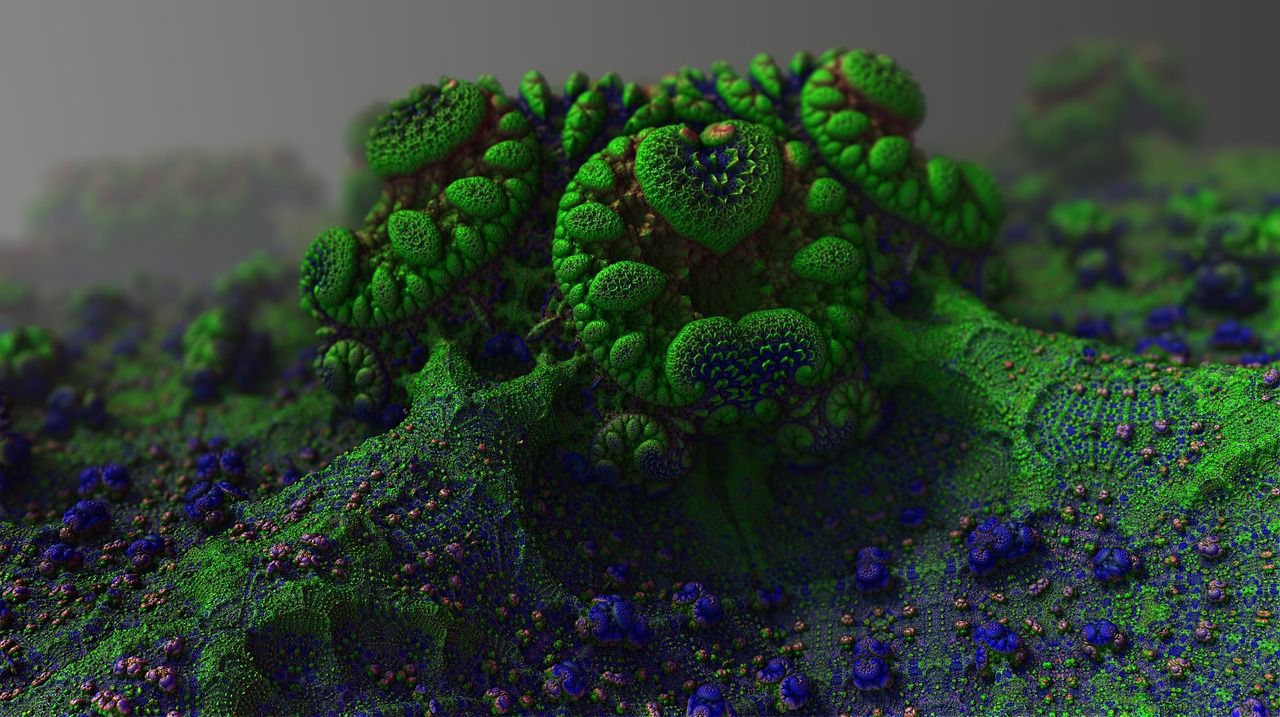Belgian startup Aphea.Bio has launched into the biopesticides and biostimulants sector with €9 million ($10.07m) in funding from a Series A funding round and a local R&D grant.
The startup spun out of Vlaams Instituut voor Biotechnologie (VIB), the life sciences research institute founded by the Flemish Government in 1995. Research from Ghent University and Katholieke Universiteit Leuven (KU Leuven) also contributed to the new company.
Aphea.Bio is aiming to develop sustainable agricultural products using natural microorganisms with the aim of increasing crop yields and improving protection against fungal diseases.
Headquartered in Ghent, Belgium, Aphea.Bio says it will develop next generation ‘biopesticides’ based on these microorganisms or microbes, providing farmers with an alternative to using chemical pesticides. It will also develop novel ‘biostimulants,’ with the aim of stimulating crop growth through various processes, such as promoting the uptake of nutrients from the soil.
The Series A portion of the funding represented €7.7 million and was led by V-Bio Ventures and joined by a broad syndicate of local Belgian investors including PMV, Agri Investment Fund, VIVES, Qbic II, Gemma Frisius Fund KU Leuven, Group De Ceuster and VIB itself.
The remainder of the funding came in the form of a €1.3m R&D grant from Flanders Innovation & Entrepreneurship (VLAIO).
“This financing puts us in an excellent position to develop new and superior agricultural products based on naturally-occurring microorganisms that have a growth promoting or protective effect on the plant,” said Dr Isabel Vercauteren, Aphea.Bio’s CEO.
While a large number of microorganisms that coexist with plants haven’t been isolated, so far the company is confident its expertise will allow it to exploit the current “untapped microbial space.”
“Our applications are focused on staple crops such as wheat, barley, and maize because they offer the most valuable European and global market opportunities,” said Vercauteren.
The VIB spin-off pulls together resources and expertise in plant-bacteria interactions from the lab headed by Prof Sofie Goormachtig, VIB-Ghent University, and microbiome know-how contributed by the VIB-KU Leuven group headed by Prof Jeroen Raes.
Dr Johan Cardoen, managing director VIB, commented: “This is a great example of the vital impact of basic plant research on sustainable agriculture. All stakeholders are committed to propelling Aphea.Bio into a leading position in the agro-biologicals sector.”
Prof Stéphane Declerck, UCL ELI (Earth and Life Institute) added: “The innovative technology of Aphea.Bio provides an enormous asset to quickly identify micro-organisms impacting the yield of crops. I look forward to a future cooperation and joining of expertise with the team of Aphea.Bio.”
The funding base also reflects a wide range of financial interests.
Dr Willem Broekaert, managing partner of V-Bio Ventures, said he had built a strong investor consortium representing a unique network of scientific institutions and key players in the agricultural sector.
Philippe Durieux, CEO of the VIVES II – Louvain Technology Fund, described his organisation’s holding in Aphea.Bio as an investment in sustainable agriculture, a sector which he said is on the brink of a biological revolution concerning the treatment of infections and yield improvements.
“We are convinced of the growth potential of the company, the scientific expertise of its founders and the industry’s demand for innovative products,” he said. “The investment also helps strengthen our cooperation with European universities, thanks to a cross-fertilization in terms of creating spin-offs and research collaborations.“
The VIVES II – Louvain Technology Fund is a multi-sector technology fund which invests in spin-offs from the Université catholique de Louvain (UCL) alongside startups in Belgium and neighboring countries.
VIVES II has €43 million under management and is funded by a dozen leading Belgian and European investors, including the European Investment Fund and BNP Paribas.





